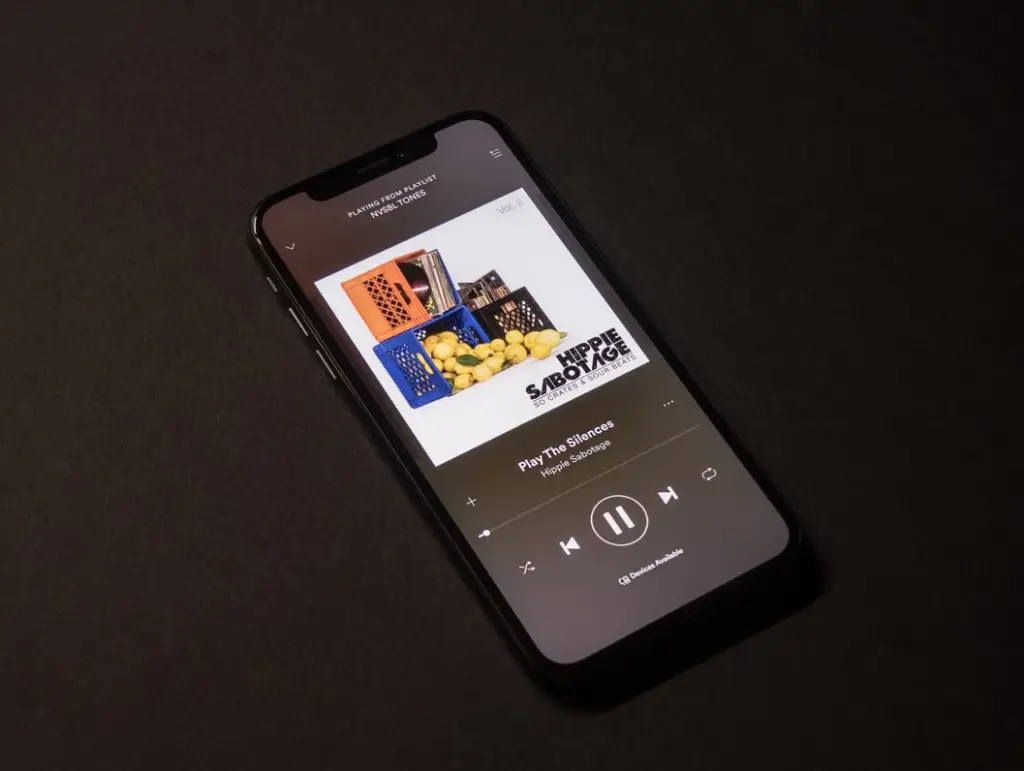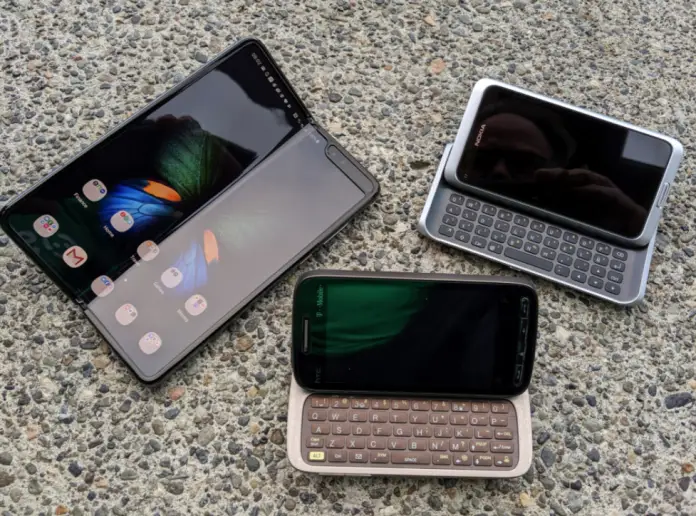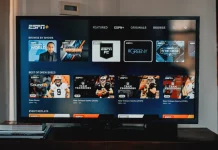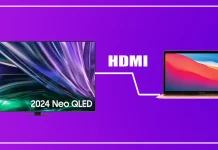Have you noticed how much the importance of “lifetime ownership” of this or that thing has fallen lately? Not so long ago, choosing hard-wearing clothes, durable electronics, a car with an enormous lifespan, and a “once-in-a-lifetime” home was a matter of course. And now, all over the world, instead of the usual shopping habits comes the so-called subscription economy.
That said, the subscription itself is a very old invention. Such a service first appeared in the 17th century and, as you remember, it was subscriptions to books, newspapers, and magazines. But with new technologies and gradual changes in society’s habits in recent years, subscriptions have expanded into something that was previously not available anywhere in exchange for regular payments.

The changes in mentality
If the mature and elderly people’s habit of “pay – get full possession” still prevails, young people already question even the need to buy a home, because renting is more convenient for finding a job and allows you to forget about major repairs or the best time to sell/resell the apartment or house.
In large cities, carsharing is also gradually pushing back private cars – expensive parking, taxes on the ownership, and breakdowns of modern cars, which are no longer built “for the ages,” gradually change the balance of power. Subscriptions to music and video services are now bolted on to social networks and exist separately – they are used more often than buying individual music tracks or movies by the piece. Even subscriptions to dinners with delivery are now on the rise, too.
And that’s just the beginning! For example, according to a study by McKinsey & Company, 15% of people who buy anything online subscribe to one or more services and receive products/services on a regular basis. There’s more to come. Since 2017, a subscription-based car buying service has emerged in the U.S., offered by major car brands such as BMW, Audi, Ford, and others.
We have less respect for property
Not only is the habit of “carrying everything I own” disappearing, but also the attachment to material possessions. This is why young people rarely read magazines or books in paper format anymore, or hunt for collector’s sets of things – the emphasis has shifted from how we receive a service to the product itself. The less time we spend getting the product and the less nerve to buy/sell/service it, the better.
There’s nothing wrong with people looking to replace something old with something new and better. But the fact is that in the old model of consumption “put the money in the mattress, and then bought it” doesn’t fit anymore – the average income of the population, the economic situation in general, and the oppressive idea of denying yourself everything to pamper yourself sometime later (and will remain by that time such a desire?) with saving doesn’t fit.
This is why new forms of owning things – sharing, renting, subscribing, leasing – will soon be flooding in from everywhere.

The electronics will be on the first stone
And in electronics, this fashion will come to the forefront before other areas. Because the characteristics of smartphones and computer equipment are constantly growing, not just “the same, but slightly better,” but completely different devices are coming into the world. And all this inevitably grows in price, while the obsolescence of expensive equipment doesn’t extend over a longer period – just as in the early 2000s computer processors in a couple of years turned from the most powerful to budget ones, so flagship smartphones are slipping in characteristics first to the middle class, and then can seriously compete only with inexpensive models.
Smartphone leasing is suitable for those who cannot or don’t want to lay out the full amount for a smartphone at once, and also for those who have no desire to read reviews, guides on choosing, and comparative tests, but just want to always use a modern flagship without making a “cutlet of money” for it or processing a loan.
The changes in the way we consume
And it’s not just expensive flagships that are alive with the idea of smartphones on a subscription basis. Very soon, any goods that we use constantly and are ready to update with a certain frequency will be available for rent with the right to buy (leasing) or simply for a subscription.
And this approach to the use of goods is convenient not only for users but also for manufacturers. Firstly, a new audience of people who previously had no opportunity to pay a large amount at once for the purchase is added to the owners of the equipment.
Secondly, with the base of clients known in advance, it becomes more convenient to plan the term of development and release of new models. And even to release something not mass-produced – for example, now many manufacturers don’t release compact smartphones, because they are afraid to do it at random, without guarantees that such models will be popular. And with an established contingent of people who are willing to pay for such equipment, it will be much easier to set up production.
Thirdly, instead of huge budgets for promotion of each new model, “luring” new customers and luring them away from competing companies, subscription allows spending less on advertising budgets and working more on retaining existing users, better revenue forecasting (the death of many famous phone manufacturers could be avoided if they had clear feedback from the army of smartphone owners by subscription) and clearer company development planning.
What is certain is that the subscription economy isn’t a momentary fashion, and the popularity of this use of technology will only increase in the near future. And the winner will be the one who will offer the best models, conditions of equipment use and approach to customer service.






